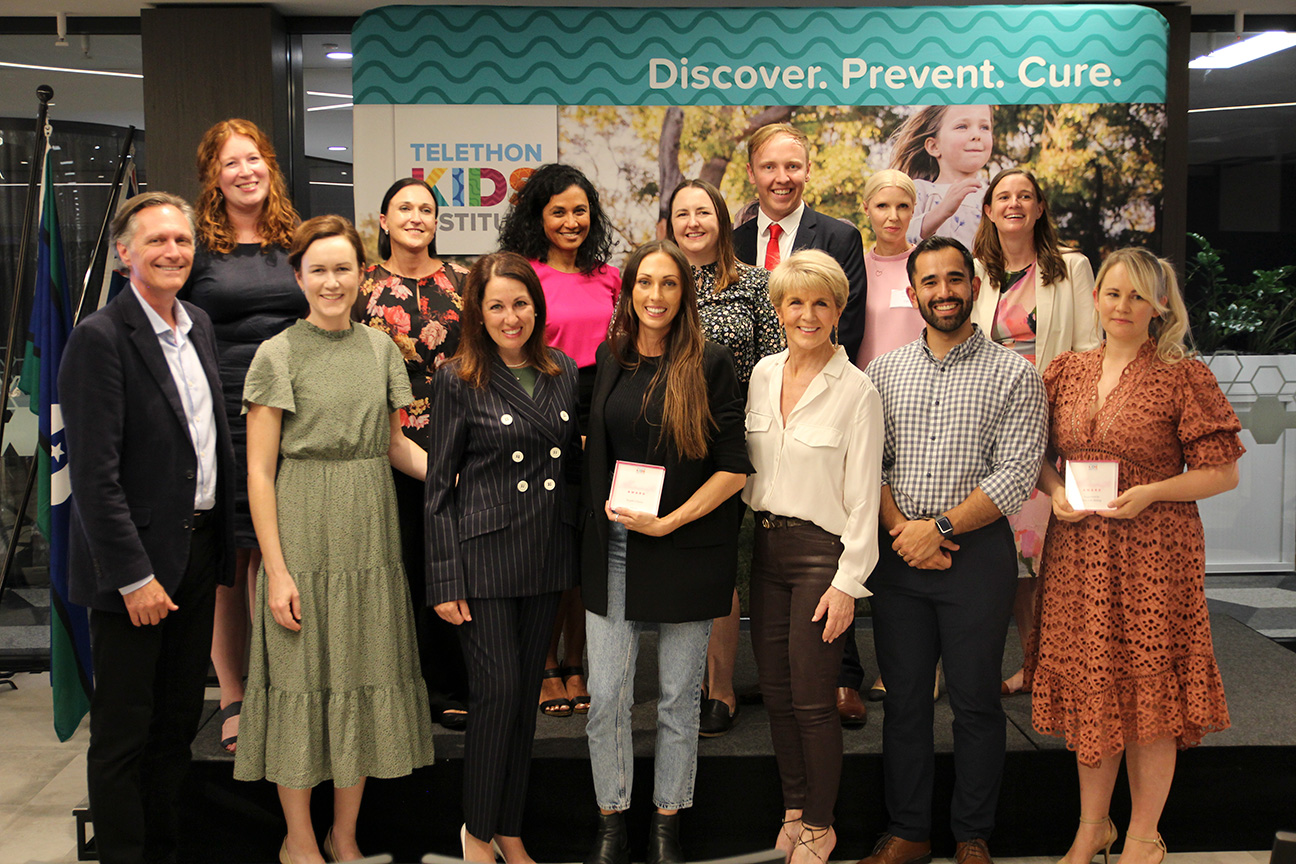Search
Showing results for "Au"

Enhancing psychological wellbeing in families from pregnancy to infancy

News & Events
Community Involvement critical to researchUnderstanding the experiences of those living with a chronic condition such as type 1 diabetes (T1D) has been the topic of conversation throughout the medical research community over the last decade or so.

News & Events
Being active is key to heart healthDid you know that regular exercise can literally add years to the lives of children living with Type 1 Diabetes?

News & Events
Interested in insulin pump therapy but not too sure where to start?Here's a brief guide on how to apply for insulin pump therapy.

News & Events
Diabetes Australia appDiabetes Australia have released an app to make living with or caring for someone with diabetes a little easier.
Bronchiectasis is a condition where the lungs become damaged and prone to infections.

News & Events
Pitch Perfect! Illuminate PitchFest 2023Ten researchers from different areas took to the stage with a carefully crafted presentation and three-minute pitch, in efforts to spark the interest of 80 guests
Research
LIFECYCLE - Early Life Stressors and LifeCycle HealthLIFECYCLE is a significant and visionary project to establish an integrated set of long-term world-wide cohorts and clinical trials, which can be investigated and compared across the full life of cohort participants.
Research
Mothers with intellectual disability and their children in Western AustraliaHelen Leonard MBChB MPH Principal Research Fellow +61 419 956 946 helen.leonard@thekids.org.au Principal Research Fellow Areas of research expertise
Research
Public Health Approach to Child Abuse and Neglect: Antecedents and OutcomesMelissa Fiona Helen Rebecca Peter O'Donnell Stanley Leonard Glauert Jacoby BPsych (Hons), MPsych, GradDip Ed, PhD FAA FASSA MSc MD FFPHM FAFPHM FRACP
